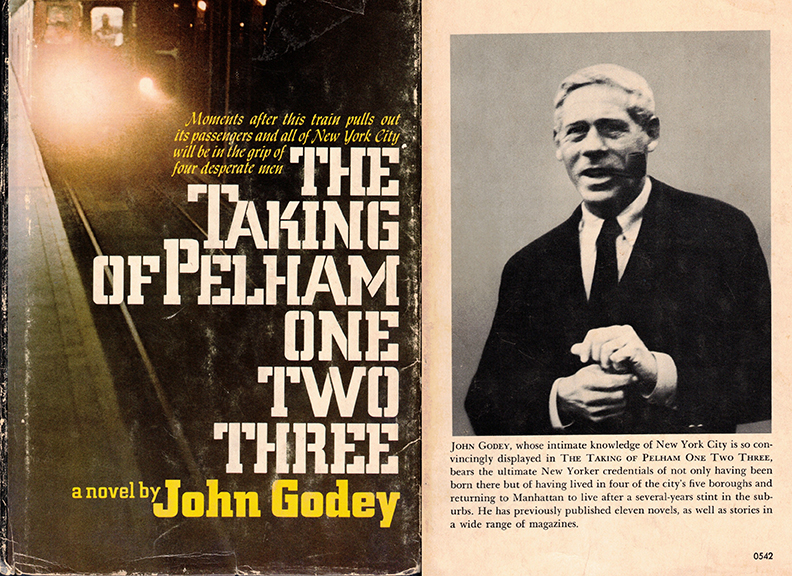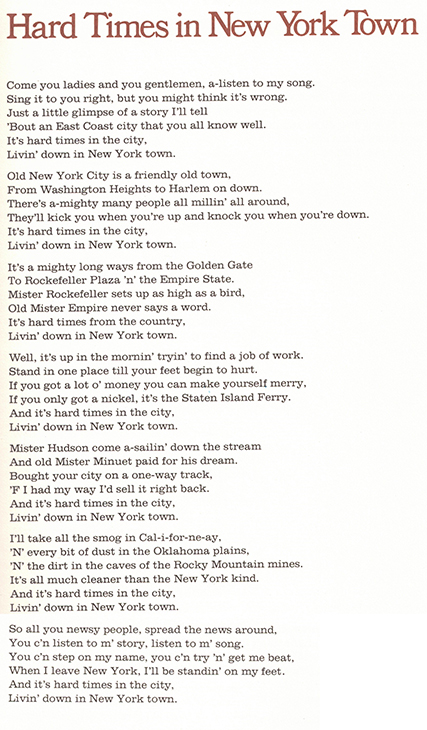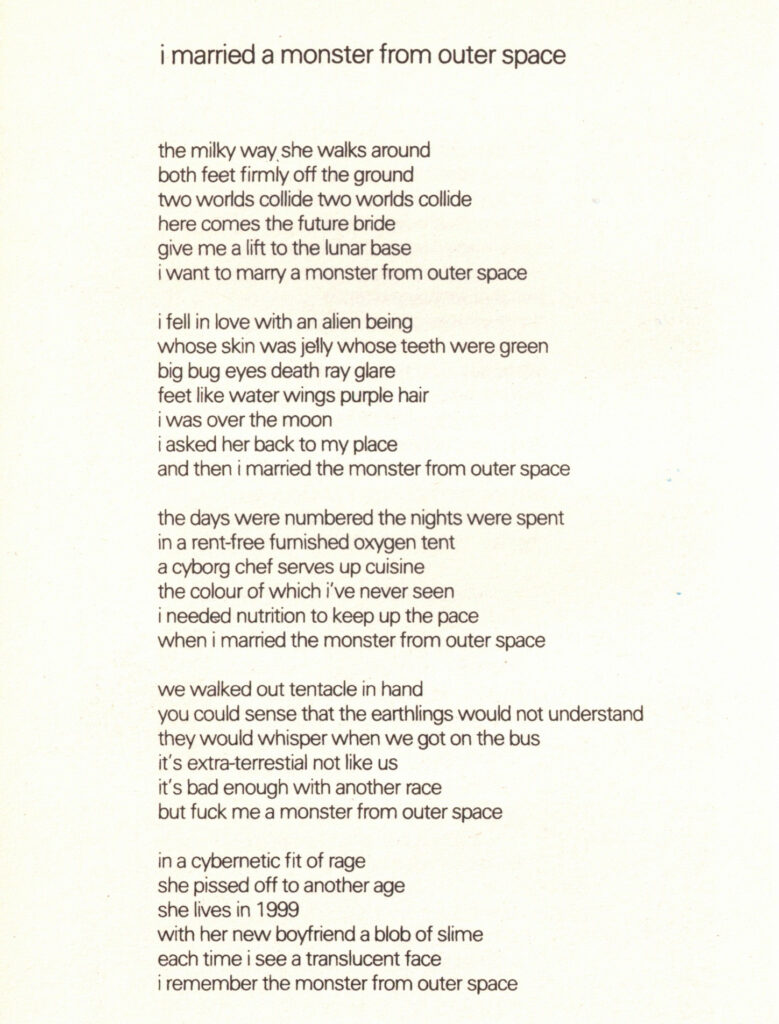Author: T Y
Tex Ritter – High Noon Ballad
The Earl Scruggs Revue – I Shall Be Released
Franco Falsini & the Antennas – Antennas Just Your Love
Meat Puppets – Sexy Music
The West Coast Pop Art Experimental Band – I Won’t Hurt You
Henrik Chaim Goldschmidt – Gabriel’s Oboe
Ennio Morricone – Gabriel’s Oboe
Vienna Philharmonic – Dvořák: Symphony No. 9 ‘From the New World’, IV
The Taking of Pelham One Two Three – John Godey

Bob Dylan – Hard Times in New York Town

John Cooper Clarke – i married a monster from outer space

